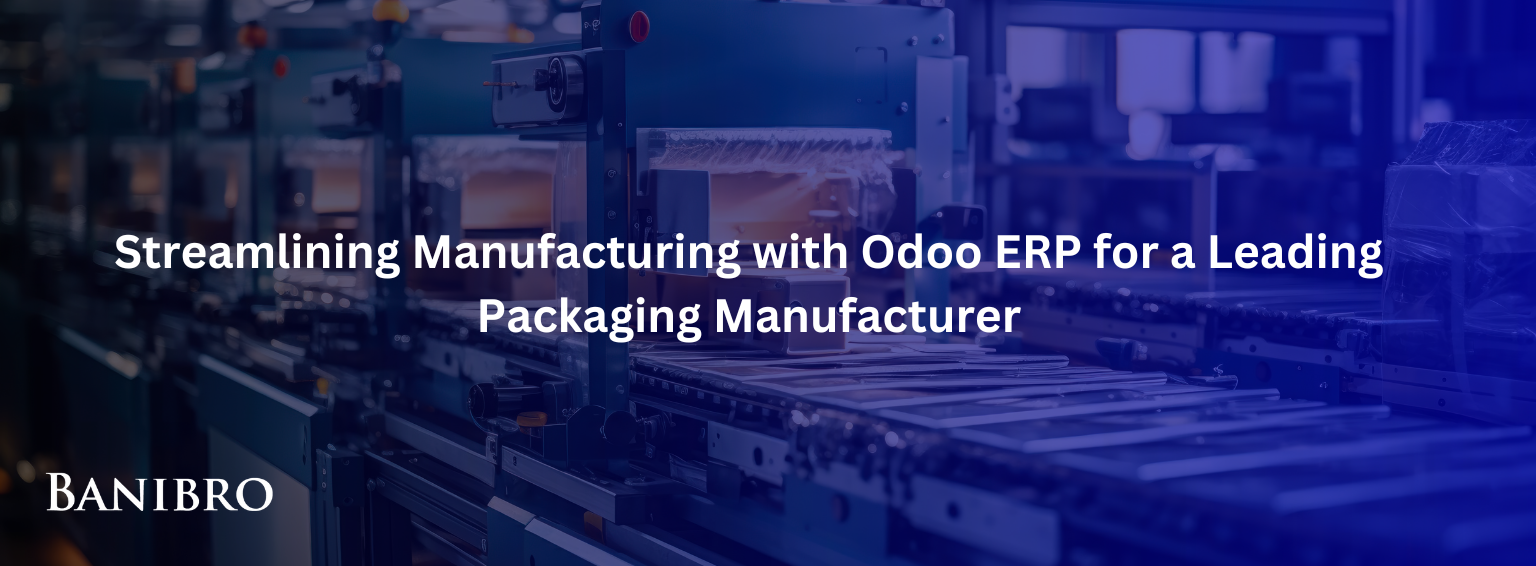
The client is one of the leading manufacturing industries in the supply of food-grade disposable packaging productsand has been serving the food service and HoReCa segments with over 1,000 food-grade disposable products of exceptionally high standards of hygiene, quality, and durability from their in-house facilities. The client recently experienced a period of rapid growth and needed a solution to help manage operational challenges.
The client faced several operational challenges that hindered their manufacturing efficiency and overall business processes:
Leading Disposable Packaging Manufacturer
Customer’s Testimonial
Implementing Odoo ERP has revolutionized our manufacturing and business processes. Custom solutions streamlined our workflows, simplifying the management of orders and inventory. Automation of sales and delivery planning eliminated delays, while integration with Tally enhanced financial management. We’ve achieved a 35% faster decision-making process with real-time data and improved reporting. Greater control over inventory and quality has reduced errors, making operations smoother than ever. Odoo ERP has truly transformed our business!
Want to know how we can help?
Get Free Consultation
+91-93422 58771
SAY HELLO!
info@banibro.com
For Enquiry